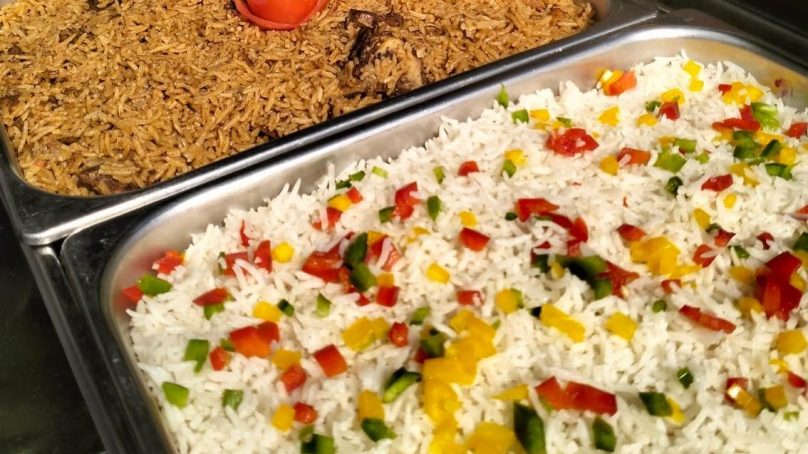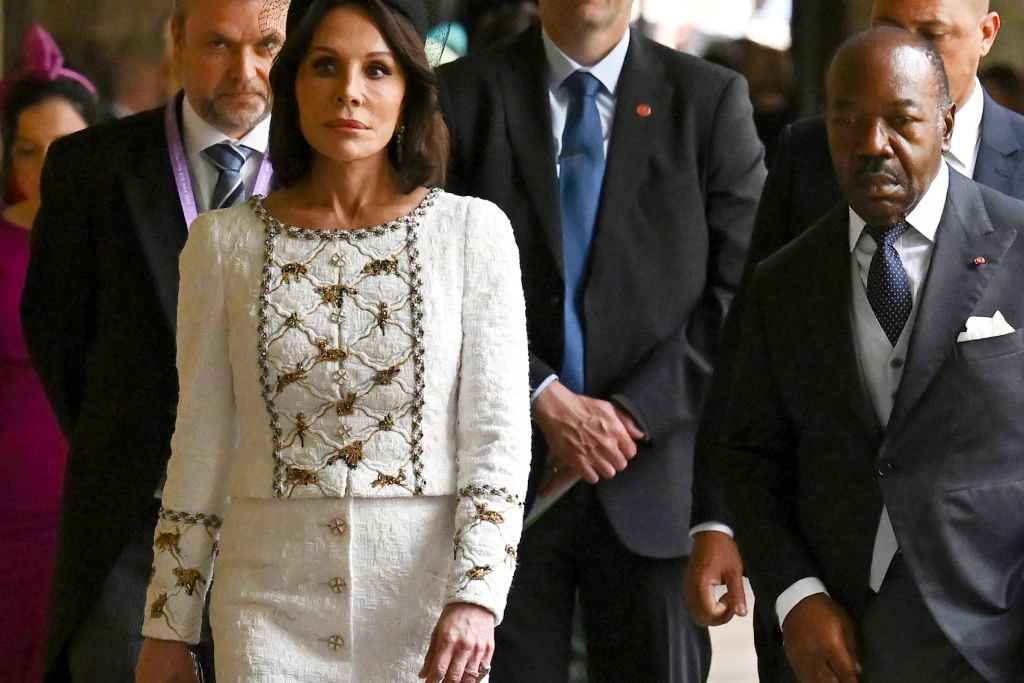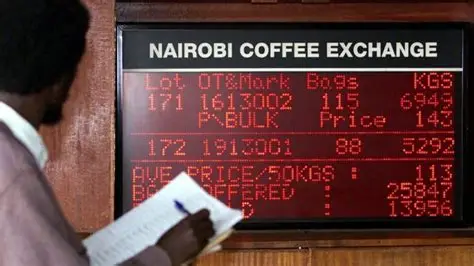
Kenya is staring at a possible spike in food prices and an acute rice shortage if courts uphold a petition seeking to block importation of 500,000 metric tonnes of duty-free rice, Cabinet Secretary Mutahi Kagwe said on Thursday.
This follows a gazettement notice dated July 28 issued by Treasury Cabinet Secretary John Mbadi, which had been published in a gazette notice on July 28, 2025, in which the agriculture cabinet secretary had recommended for Kenya to import 500,000 metric tonnes of Grade 1 milled rice duty-free before December 31, 2025.
Following the announcement, the farmers’ party took the matter to court, successfully obtaining a temporary suspension of the import plan. Rice stakeholders moved to court following a reluctance by the government to mop up the stocks still in the hands of farmers.
The Kerugoya court is expected to give directions this Friday, August 15, 2025 at 2.30pm, on whether to lift conservatory orders obtained challenging the Cabinet’s decision.
According to an affidavit by Agriculture and Livestock Development Cabinet Secretary Mutahi Kagwe, Kenya’s annual demand for rice stands at about 1.3 million metric tonnes against a domestic production of just 20 per cent – equivalent to 260,000 metric tonnes – leaving a deficit of more than 80 per cent, roughly 1 million metric tonnes, that is bridged mainly with imports.
The cabinet secretary warned that the current retail price of Grade One milled white rice has already surged to between Ksh190 and Ksh220 per kilogramme, a steep rise from last year’s duty-free period average of Ksh150 per kilogramme.
“If duty-free imports are blocked, the prices are likely to soar further, deepening the cost-of-living crisis,” Kagwe said.
Kagwe noted that projections showed that Kenya’s rice consumption per capita in 2025 is expected to reach 29 kilogrammes, with the population estimated at 54.79 million.
This, he added, translates to a national requirement of about 1.5 million metric tonnes of rice for the year or roughly 125,000 metric tonnes per month. The country will need about 625,000 metric tonnes between July and December 2025 alone.
The affidavit further reveals that the Kenya National Trading Corporation (KNTC) has signed contracts with the Mwea Rice Growers Cooperative to mop up local stocks for onward distribution to government institutions.
However, available stocks from farmers currently stand at only 20,000 (50kg) bags, against a projected demand of more than 350,000 bags for key government institutions.
These are the Ministry of Education 130,000 bags (Komboka), Special Programmes 90,000 bags (Komboka), State Department for Correctional Services 60,000 bags (Sindano) and Kenya Defence Forces 40,000 bags (SPR).
Other agencies such as the Administration Police, General Service Unit, National Youth Service and Kenya Police Service, also have substantial rice needs.
“The importation is necessary to stabilise prices and avert a potential food crisis,” Kagwe emphasized, warning that without duty-free imports, both household consumers and critical public institutions could face severe shortages.
On Tuesday, Justice Edward Muriithi issued a conservatory order suspending a directive by Cabinet allowing the duty-free importation of 500,000 metric tonnes of rice.
Kenyan rice farmers are protesting the government’s decision to allow duty-free rice imports, fearing it would negatively impact their livelihoods.
The government maintains that imports are necessary to address a local shortage and ensure affordable prices for consumers.
According to the Kenya National Trading Corporation (KMTC), the local stock currently available is Komboka rice 10,000 bags, Premium Basmati Rice 4,000 bags and MRG Rice 6,000 bags.
- A Tell Media / KNA report / By Wangari Ndirangu







